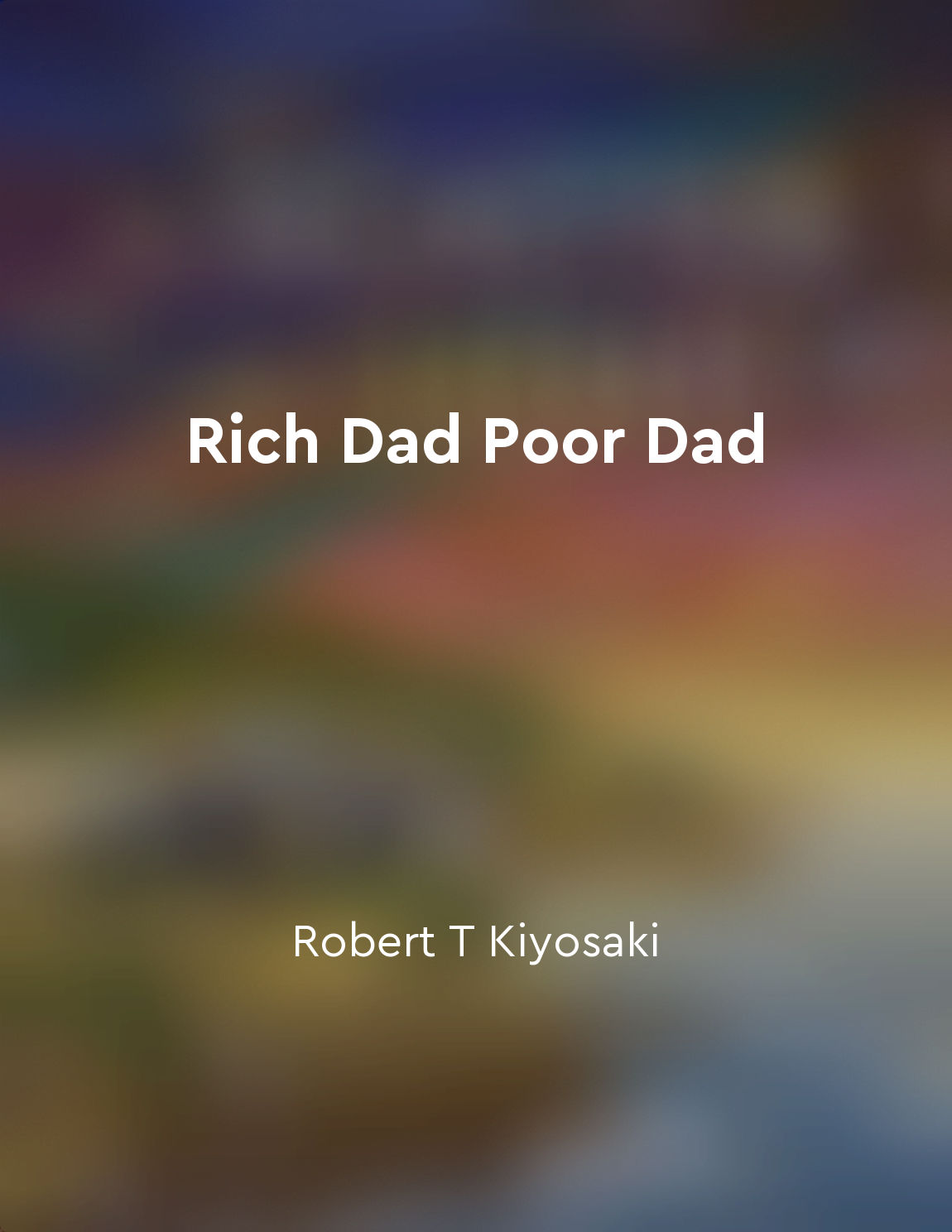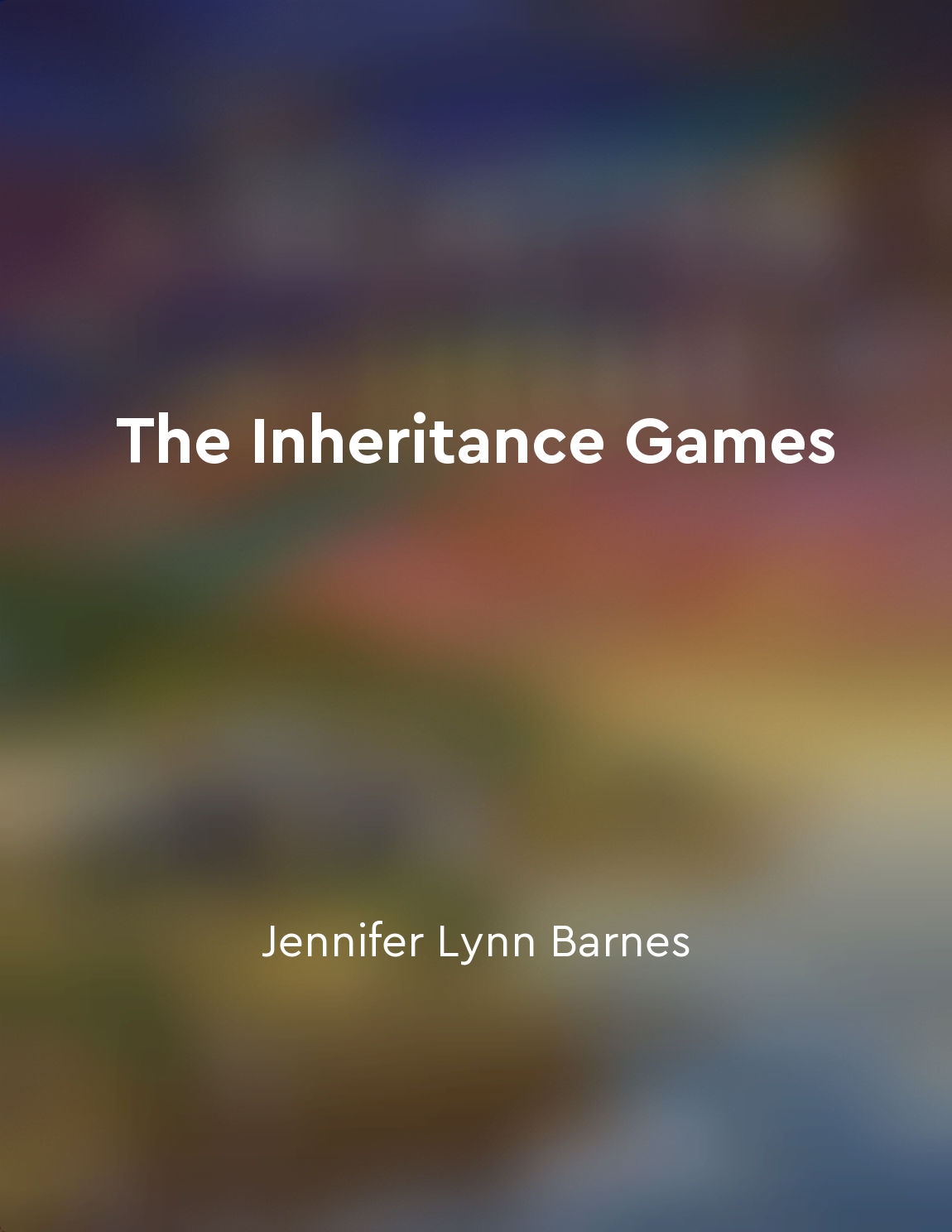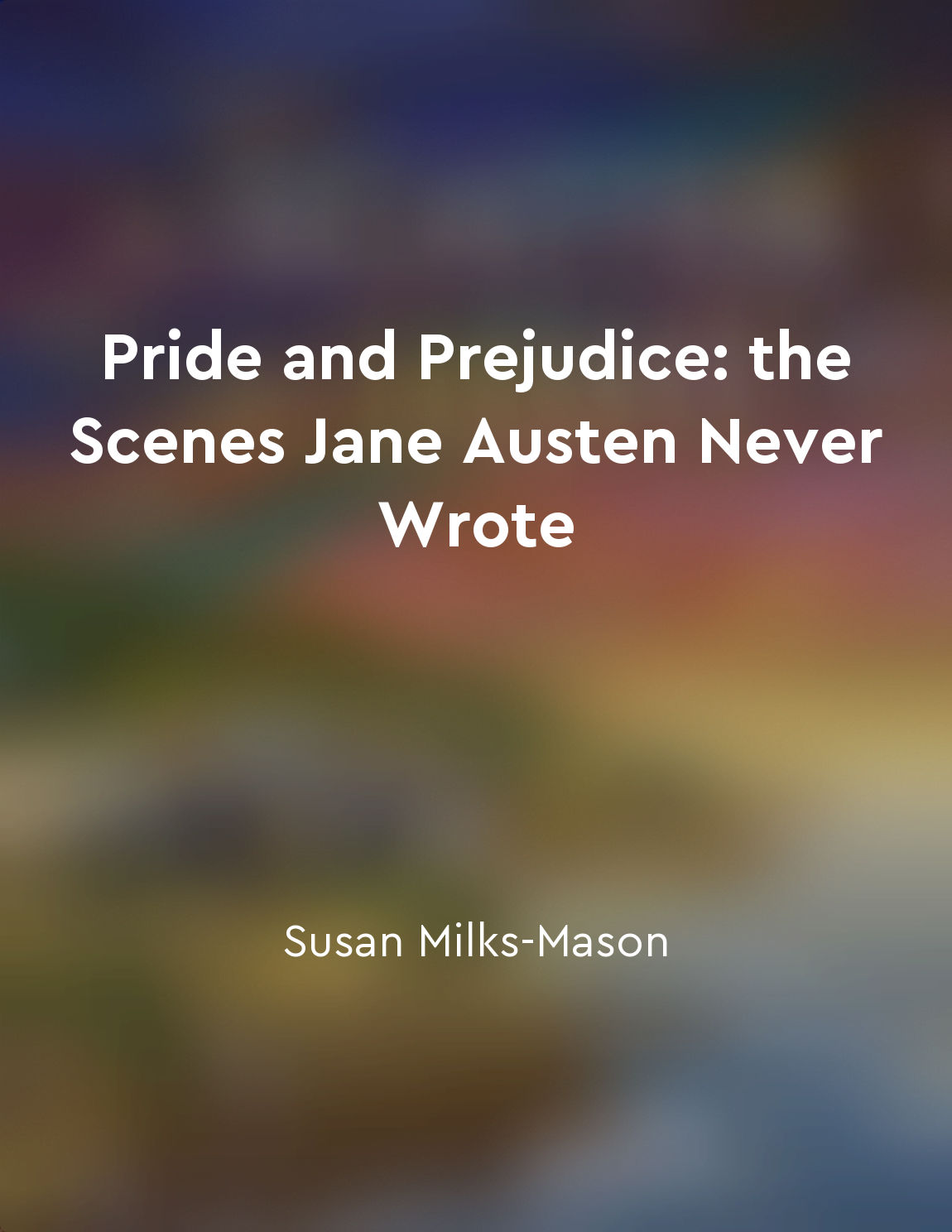The clash between old money and new money from "summary" of The Great Gatsby by F. Scott Fitzgerald
The tension between established wealth and newfound riches is a central theme in "The Great Gatsby". The clash between those who inherited their fortunes and those who have recently acquired their wealth is palpable throughout the novel. Old money, represented by characters such as Tom and Daisy Buchanan, exudes a sense of entitlement and privilege that comes from generations of wealth and social status. They are accustomed to a certain way of life and look down upon those who have not been born into the same circles of wealth and influence. In contrast, new money individuals like Jay Gatsby have worked hard to amass their fortunes and are seen as upstarts by the old money elite. Gatsby's lavish parties and ostentatious displays of wealth are viewed as vulgar and tasteless by those who come from a long line of blue-blooded aristocracy. Despite his wealth, Gatsby is never fully accepted by the old money crowd, who see him as an outsider trying to buy his way into their exclusive world. The clash between old money and new money is evident in the relationships between the characters in the novel. Tom and Daisy's marriage is based on social status and convenience rather than genuine love, while Gatsby's romantic pursuit of Daisy is hindered by his lack of pedigree and social standing. Daisy, torn between her feelings for Gatsby and the security that Tom's wealth provides, is ultimately unable to break free from the constraints of her privileged upbringing. Fitzgerald uses the clash between old money and new money to explore themes of class, identity, and the American Dream. The characters in the novel are constantly grappling with questions of wealth, status, and what it means to truly belong in society. The tension between the two worlds serves as a commentary on the fleeting nature of wealth and the emptiness that can come from pursuing material success at the expense of personal relationships and integrity.- The clash between old money and new money in "The Great Gatsby" highlights the complexities of social class and the ways in which wealth can both unite and divide individuals. Fitzgerald's nuanced portrayal of these dynamics adds depth and richness to the novel, inviting readers to consider the implications of money and status in shaping human relationships and aspirations.
Similar Posts
Adrian deals with adolescent struggles
Adrian's life is filled with typical teenage woes and challenges. From dealing with his parents' dysfunctional marriage to navi...

The pressure to excel academically was intense
The weight of expectation bore down heavily on their young shoulders. Every grade, every test, every assignment felt like a mak...
They feel rich in their love for each other
In their small apartment, Della and Jim cherished what they had - not material possessions, but each other. Their love was a tr...

Poor dad relies on others for financial security
Poor dad believes that it is essential to have a stable job with a steady income. He relies on his employer for financial secur...
Radiates genuine joy
When you see someone who radiates genuine joy, it's like a burst of sunshine on a cloudy day. Their happiness is contagious, sp...
The pursuit of happiness through material gain
In his novel, 'The Great Gatsby', Fitzgerald explores the idea that happiness can be achieved through the acquisition of materi...

Clues lead Avery to unravel a complex family mystery
Avery found herself caught in a web of secrets and puzzles after unexpectedly inheriting a fortune from a mysterious billionair...
Embracing the beauty of nature
In this beautifully annotated edition of Huckleberry Finn, the reader is continually reminded of the profound connection betwee...

Participate in the evolution of relationships beyond the printed page
In the world of Jane Austen's Pride and Prejudice, relationships are the heart and soul of the story. Readers are drawn into th...
True identities revealed
In a twist of fate, the Prince and the Pauper find themselves trading places, with the pauper assuming the identity of royalty,...

